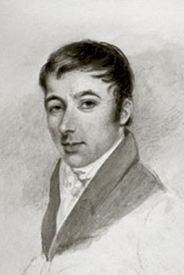Thomas Aquinas on Private Property

Aristotle In classic Aristotelian philosophy, including that of Aquinas, distributive justice has only ever had one meaning: distribution according to a pro rata share of inputs. In economic terms, distributive justice is “the most classical form”( Compendium of the Social Doctrine of the Church , § 201) of the virtue, t he out-take principle. It is based on the market value of one’s economic contributions. This is the principle that everyone has a right to receive a proportionate, market-determined share of the value of the marketable goods and services he produces with his labor, capital, or both.





